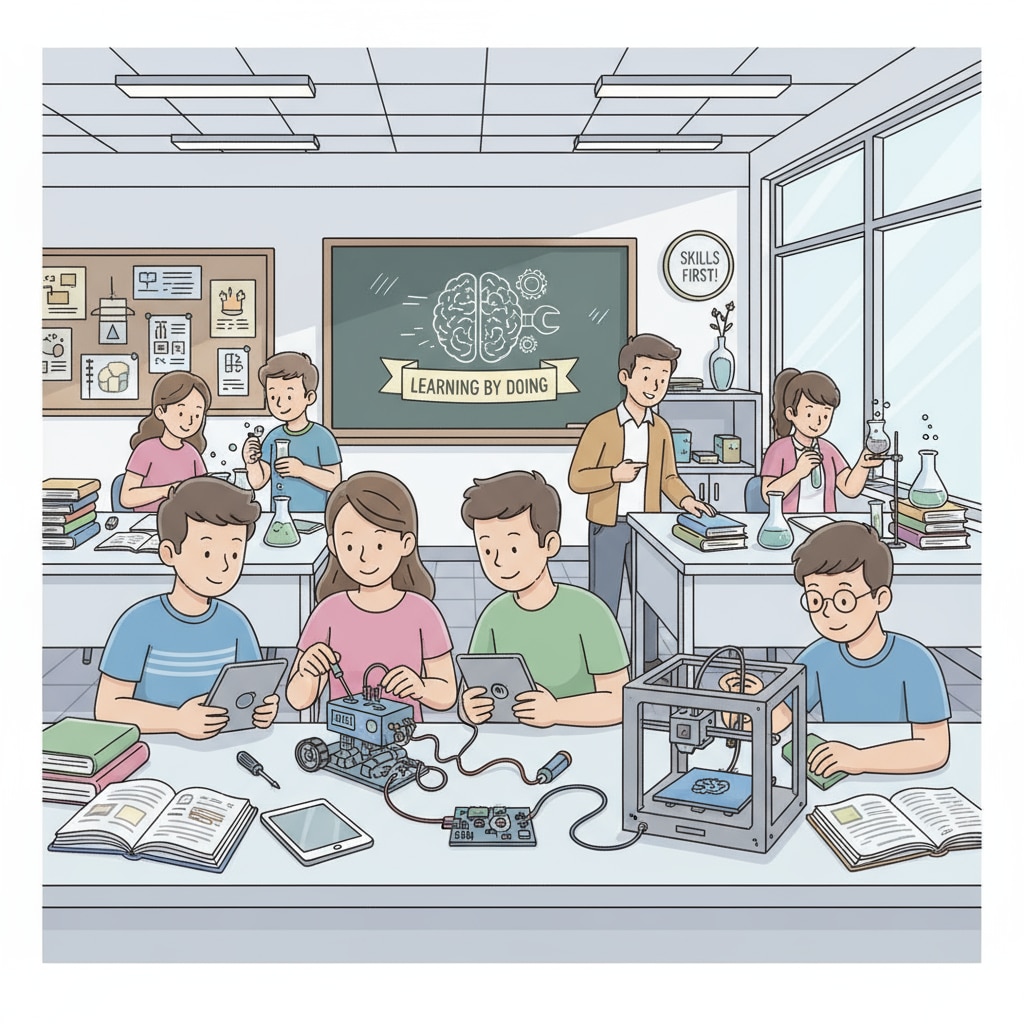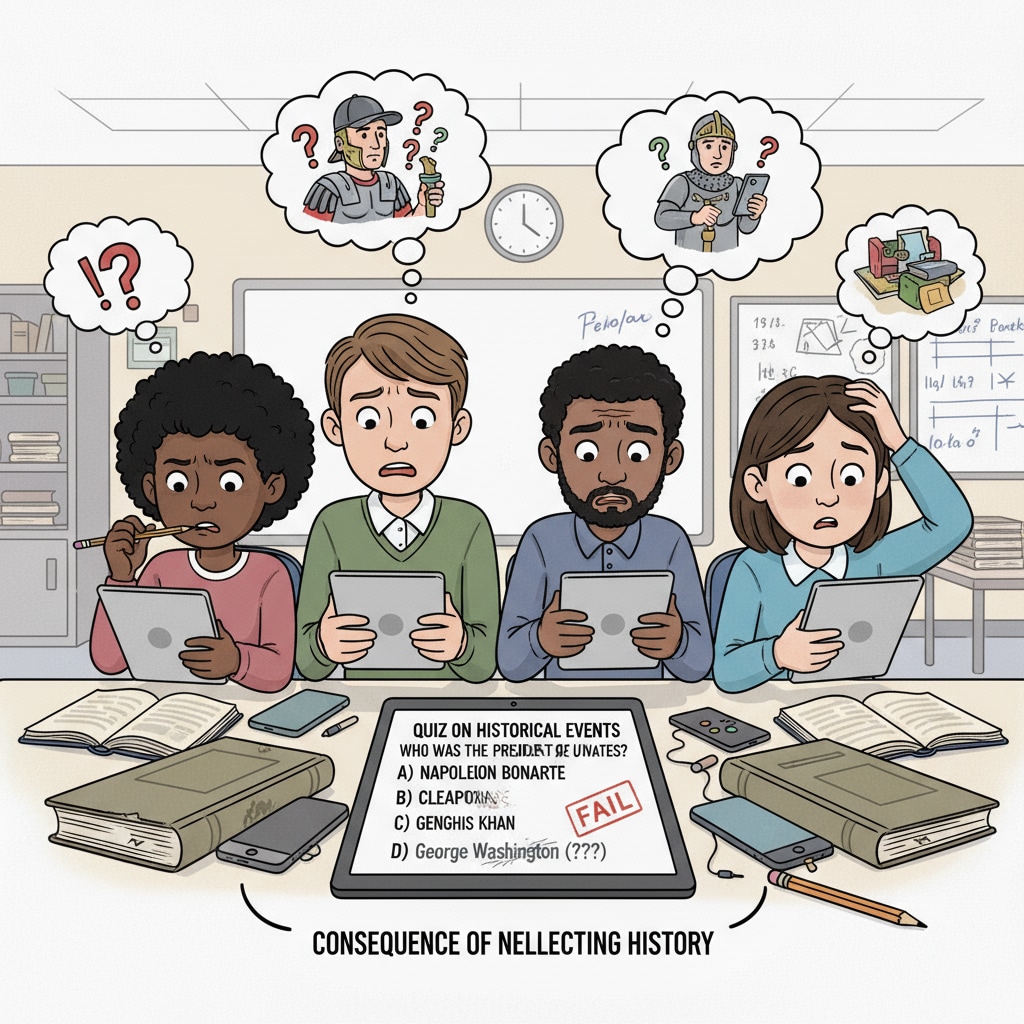In the realm of modern education, the concepts of educational standards, historical knowledge, and civic literacy have taken center stage. As we navigate through the K12 education system, a significant imbalance between skill development and the acquisition of fundamental knowledge has emerged. This issue demands our attention as it has far-reaching implications for students’ overall development.

The Shift in K12 Education Focus
K12 education today is riding on the wave of innovation. There’s a strong push towards cultivating students’ innovative capabilities and honing their thinking skills. This is evident in the increasing emphasis on project – based learning, coding, and other practical skills. For example, many schools now offer robotics clubs and coding courses. However, this drive for skills has inadvertently led to a downplay of the significance of basic knowledge. According to Wikipedia’s Education in the United States page, traditional subjects like history, geography, and basic arithmetic are receiving less attention in the curriculum.
The Dangers of Neglecting Basic Knowledge
The lack of a solid foundation in historical knowledge can be detrimental. Without understanding history, students may fail to learn from past mistakes. They might not comprehend the evolution of societies, cultures, and political systems. For instance, not knowing about the causes and consequences of major historical events can lead to a narrow perspective. Similarly, a deficiency in geographical knowledge limits students’ understanding of the world around them. They may struggle to interpret maps or understand the relationship between different regions. Civic literacy is also at stake. As pointed out by Britannica’s Civic Education article, without proper civic knowledge, students may not be well – equipped to participate actively in a democratic society.

Restoring the balance between skill development and basic knowledge acquisition is crucial. Schools should revise their curricula to ensure that both aspects are given equal importance. Teachers can incorporate real – world examples from history, geography, and civics into skill – based lessons. This way, students can see the practical application of these fundamental subjects. Additionally, parents can play a role by encouraging their children to read books on history and geography outside of school.
Readability guidance: By summarizing key points in short paragraphs and lists, we can better understand the problem. Each H2 section provides a clear focus. We’ve also controlled the use of passive语态 and long sentences, and added transition words like ‘however’ and ‘for example’ to enhance readability.


